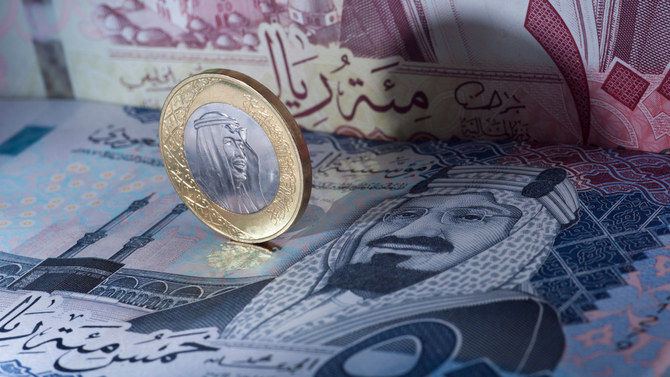RIYADH: Saudi Arabia’s fixed-rate debt will make up about 90 percent of government borrowing by the end of 2023 as interest rates rise – up from 85 percent for the previous 12 months – according to the National Debt Management Center.
The comments came a week after the US Federal Reserve Chair Jerome Powell underlined the central bank’s plan for future hikes, despite the easing price pressures.
“We are having a very strong position when it comes to absorbing the high-interest rate environment,” Hani AlMedaini, CEO of the country’s NDMC, said in an interview with Bloomberg.
“We will not sit and enjoy that position, we’ll continue to enhance it further,” he added.
Saudi Arabia is also assessing refinancing through borrowing more in currency to manage its outstanding floating-rate debt.
AlMedaini noted: “We are not done with interest-rate risk. That’s why we were so fast to issue given the positive momentum in the market we witnessed at the beginning of 2023.”
On its path to diversifying the economy, the Saudi government turns to borrowing to further support the execution of Vision 2030 goals. The world’s leading oil exporter raised $10 billion from a bond sale earlier this year, the largest emerging-market sovereign deal in nearly three years.
In 2022, Saudi Arabia reported its first budget surplus in nearly 10 years, with a 2.6 percent surplus of its gross domestic product, on the back of climbing crude prices. Barely past the second month of the year, the government has already pre-funded SR48 billion ($12.8 billion) of its refinancing needs for 2023. The bond sale and prefunding make it evident that the Kingdom has done the majority of the borrowing it intended to do this year.
Nevertheless, AlMedaini noted that the government is looking at different borrowing options, from Euro and other international currencies to green bonds, depending on market conditions.
In addition, the Kingdom utilized ethical finance investors for the second time in four months. Some $3 billion was raised by the Public Investment Fund in October, with the introduction of its green bond sale.












